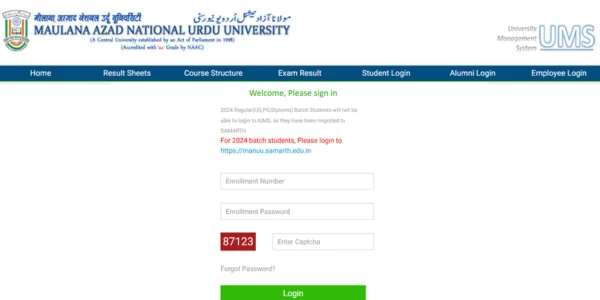The full form of CAP is Certified Analytics Professional. This globally recognized certification validates an individual’s expertise in data analytics, covering the entire analytics process from business problem framing to model deployment. The CAP credential is ideal for professionals seeking to advance their careers in data science, business intelligence, and predictive analytics.
Course Structure and Duration
CAP is not a traditional academic course but a professional certification exam. Candidates can prepare for the exam through self-study or by enrolling in preparatory courses. INFORMS, the governing body for CAP, offers a four-week CAP Prep Course that includes online webinars and recorded sessions for flexible learning.
Eligibility Criteria
To be eligible for CAP, candidates must meet the following educational and professional experience requirements:
- Master’s degree in a related field – Minimum 3 years of analytics work experience.
- Bachelor’s degree in a related field – Minimum 5 years of analytics work experience.
- Any level of education – Minimum 7 years of analytics work experience.
Additionally, candidates must:
- Adhere to the CAP Code of Ethics.
- Confirm their soft skills proficiency.
- Pass the CAP examination.
Subjects and Curriculum
The CAP exam assesses knowledge across seven key domains:
- Business Problem Framing – Identifying business challenges requiring analytics solutions.
- Analytics Problem Framing – Converting business problems into analytics problems.
- Data – Understanding data sourcing, management, and governance.
- Methodology Selection – Choosing appropriate analytical techniques.
- Model Building – Developing and validating models.
- Deployment – Implementing analytics solutions in real-world settings.
- Lifecycle Management – Monitoring and improving analytics models.
Career Opportunities
The CAP certification enhances career prospects in analytics-driven roles, including:
- Data Analyst – Interpreting and visualizing business data.
- Data Scientist – Building predictive models and AI-driven solutions.
- Business Intelligence Manager – Leading data-driven decision-making teams.
- Analytics Consultant – Advising companies on data strategies.
Many top companies prefer CAP-certified professionals for senior analytics roles.
Conclusion
The Certified Analytics Professional (CAP) credential is a globally recognized certification that validates expertise in analytics. With a rigorous exam and a focus on ethical practices, CAP ensures professionals are equipped to solve real-world business challenges through data-driven insights.




